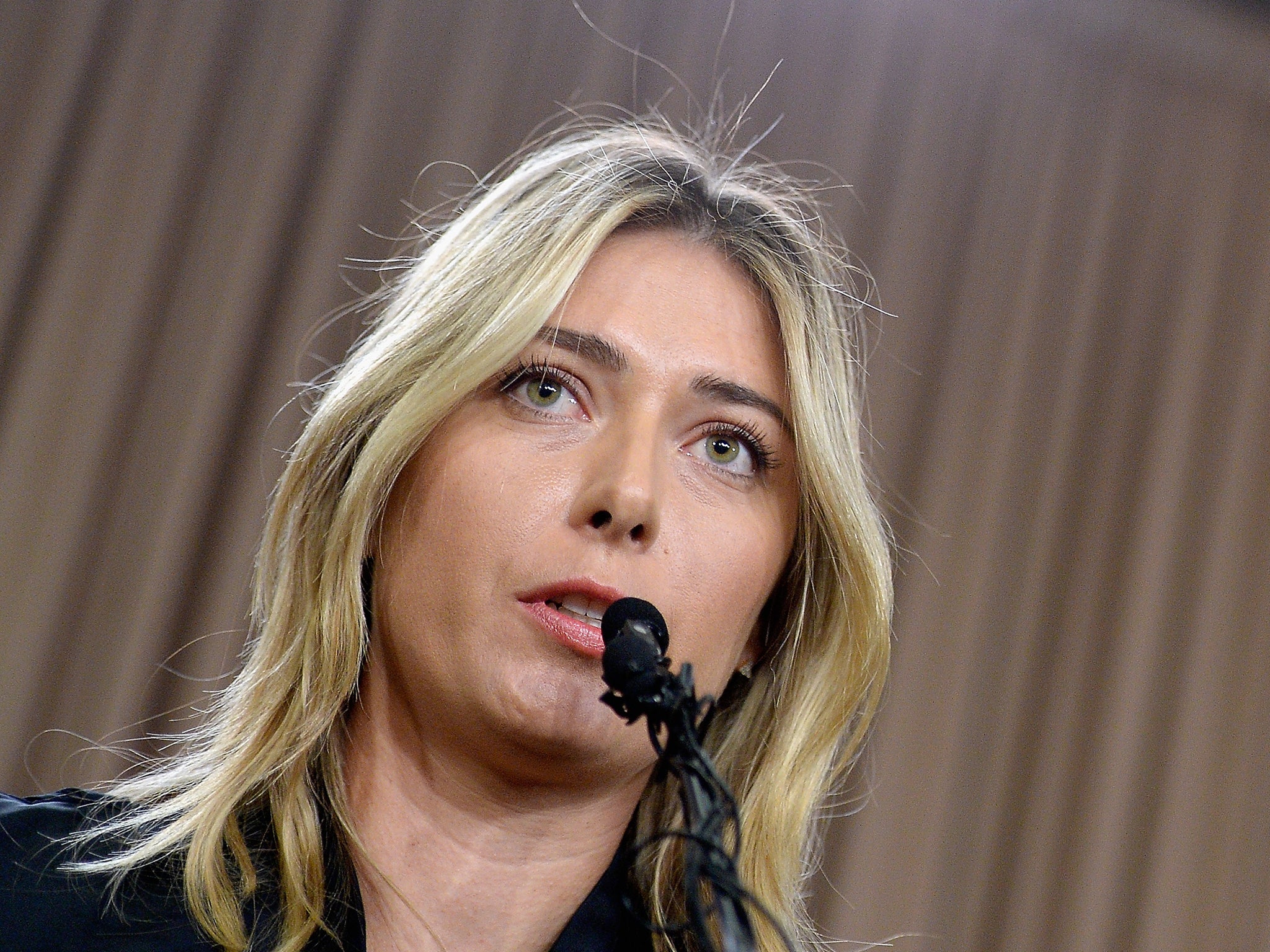Meldonium sales soar in Russia after Maria Sharapova positive test
Sales of the cheap over-the-counter pills are on track to double in March compared to February

Russians are clamouring for the drug that snagged tennis star Maria Sharapova on doping charges last week – and sales are skyrocketing.
If it’s good enough for Sharapova – and many other Russian athletes – it must be good enough for ordinary people, too, at least judging by the sales figures. That appears to be the reasoning behind the spike in sales of meldonium, also known as mildronate, in Russia and neighboring Latvia, where it was developed during the Soviet era.
Sales of the cheap over-the-counter pills are on track to double in Russia in March compared to February, according to the drug’s manufacturer, Grindeks.
No wonder when the marketing material says that it will help you become a better you.
“When using Grindeks’s mildronate, one can feel a toning effect, one’s memory improves, thinking becomes faster, your movements become more dexterous, and your body becomes more able to defend itself against adverse conditions,” according to the Latvian-language description of the drug on the manufacturer’s website.
Sharapova announced on March 7 that she had tested positive for taking the drug, which was banned from international competition by the World Anti-Doping Agency on Jan. 1. Since then, nine more Russian athletes were announced to have tested positive for the drug. Overall, 99 athletes have tested positive for the drug this year, according to WADA.

The inexpensive, over-the-counter cardiac drug has been on the market for decades in former Eastern Bloc countries. The head of the Latvian institute that developed the drug said in 2009 that it had been used by Soviet troops in Afghanistan to help their endurance. The drug is marketed for a wide variety of ailments.
Now it appears that ordinary Russians may also be looking to get an edge. A 40-pack of 250 mg pills was just 283 rubles, or about $4, at one Moscow pharmacy on Monday. Those looking for an even stronger power-up could buy a 60-pack of 500 mg pills for about $9.25.
“There is no shortage at drug stores, and you can still buy mildronate easily,” the marketing manager for the Russian division of Grindeks, Alexander Kondratiev, told the BBC Russian-language service.
Latvian sales also increased last week, Grindeks spokeswoman Laila Kļaviņa told the Latvian LETA news agency.

With Russian athletes disproportionately affected by the ban, Russian leaders are increasingly ascribing the policy shift to an anti-Russian effort from the West.
Russian Foreign Minister Sergey Lavrov last week told Russian REN TV that he suspected that the drug’s Soviet origins were fueling the ban.
“Given what’s going on in the public space of our Western partners, I wouldn’t be surprised if someone soon announces that Russia’s Air Force or the Russian Armed Forces in general, along with Russian diplomats, are doped. Then they would use this as a reason to bar us from all global processes,” Lavrov said.
“Seriously, though, there has been a flurry of bans and accusations with regard to our top athletes,” he said.
Russia’s own anti-doping agency carried out a study of the use of meldonium in Russian athletes between October 2014 and February 2015, Russia’s RBC news portal reported Monday. The study found that 17 percent of samples drawn from a total of 4,316 Russian athletes contained traces of meldonium. Fifty-three percent of rugby players showed signs of the drug.
© Washington Post
Join our commenting forum
Join thought-provoking conversations, follow other Independent readers and see their replies
Comments
Bookmark popover
Removed from bookmarks